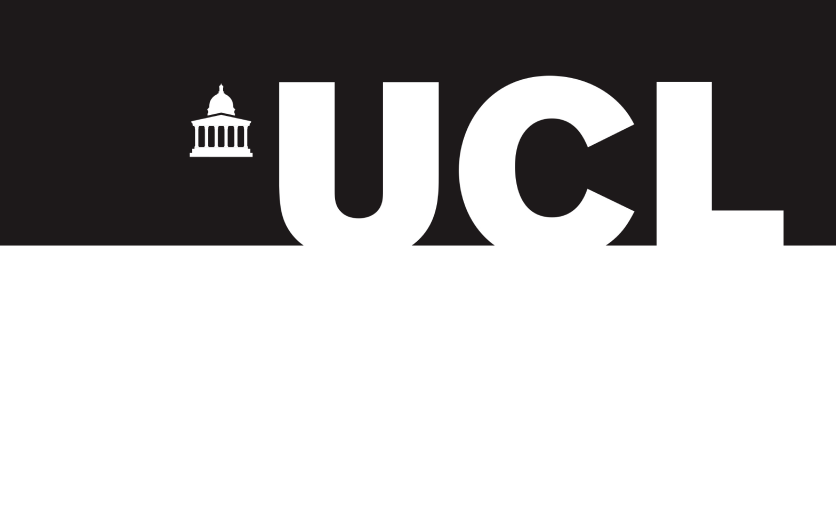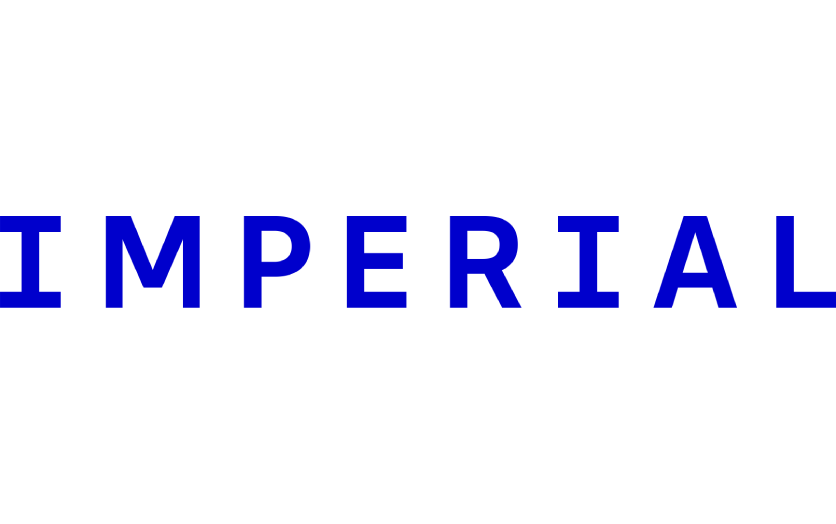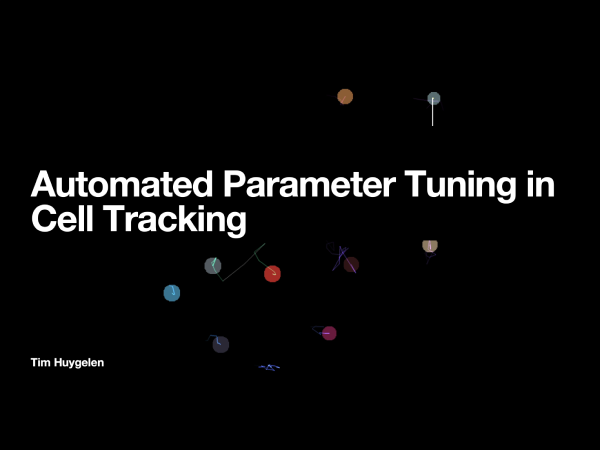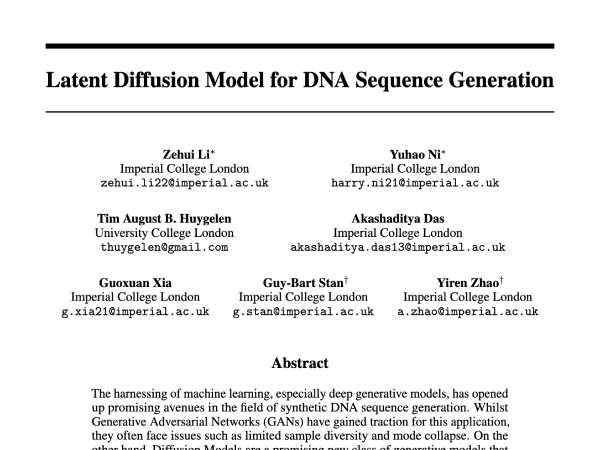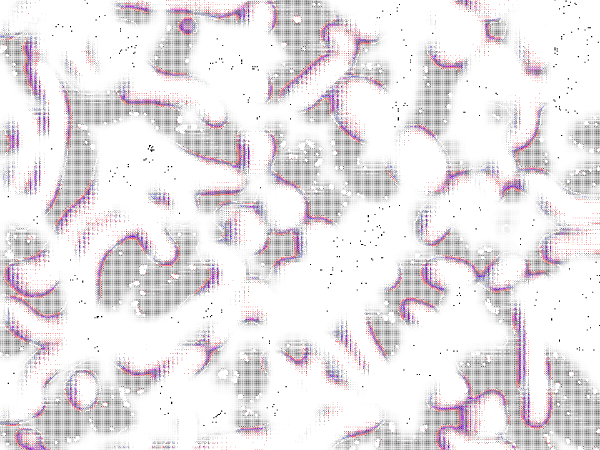About me
Hi, I'm Tim, PhD student in the MRC DTP programme at UCL with a strong focus on cell biology, machine learning, and cognitive science. Most of my work so far combines molecular biology with data science, such as building machine learning models and automating processes to solve complex biological problems with Bayesian optimisation. I've gained hands-on experience with Python, R and SQL, and have worked on exciting projects ranging from developing tools for DNA sequence generation to optimising cell tracking software.
In addition to my academic work, I'm passionate about creative projects, I've organised electronic music events and have my own digital art series.
What i'm doing
-
Bioinformatics Research
Using advanced computational tools to analyze biological data, from large-scale DNA sequences to protein structures.
-
Machine Learning
Developing and optimising machine learning models for biological applications.
-
Data Analysis & Visualisation
Performing in-depth data analysis and creating clear, impactful visualizations to communicate complex biological insights effectively.
-
Digital Art
I make abstract art in photoshop, I think it looks pretty neat!
